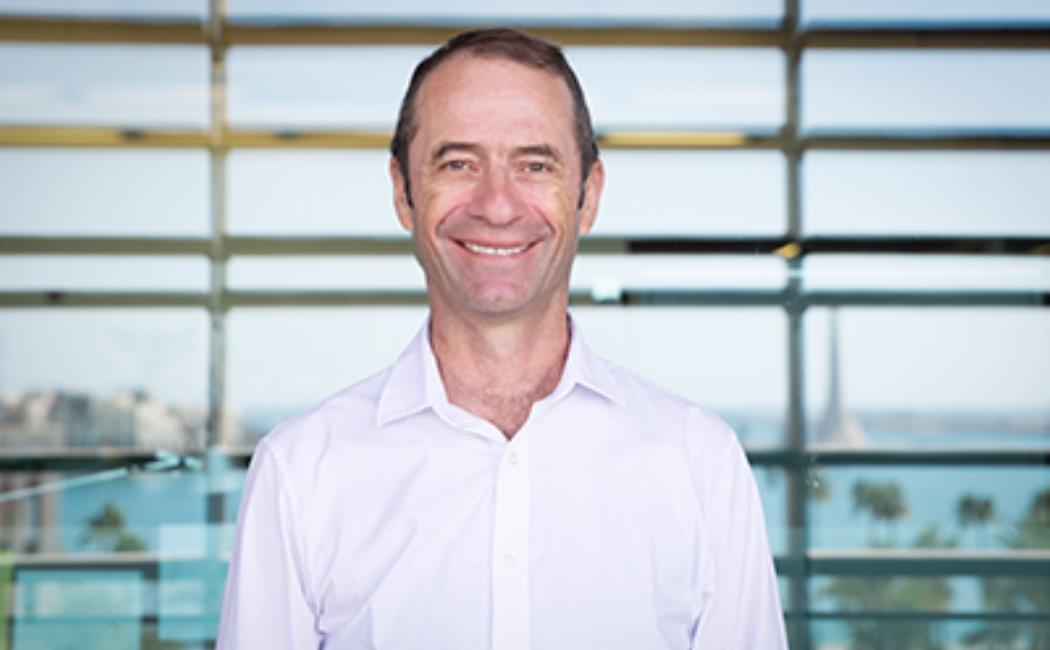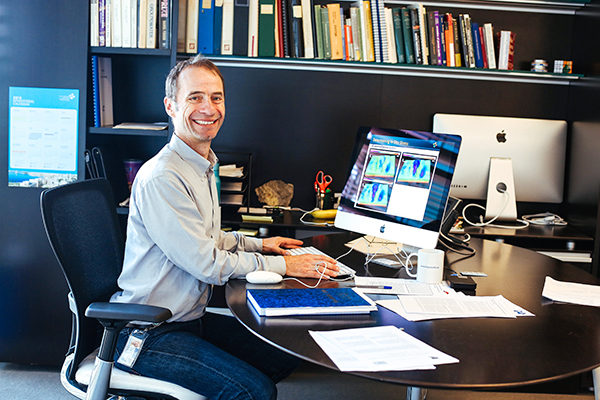.jpg?sfvrsn=39330263_0)
.jpg?sfvrsn=39330263_0)

03 May, 2018

At ANPERC Senior Research Scientist Thomas Finkbeiner is leading the Rock Geomechanics Reseach Group. We asked Thomas about his background and research.
1.Tell us about your education and experience in industry. What made you want to move from industry to academia?
[TF] I received my MSc and PhD at Stanford University, which exposed me with to amazing academic environment whilst also preparing me for working in the petroleum industry. I first pursued the latter and had more than 17 incredible years; fifteen of those years I spent as a consultant helping build and shape a service company as well as getting to know many operating oil companies and their wonderful engineers and geoscientists; the last two years of industry experience were with the Austrian oil company OMV in their head office in Vienna – an experience I am also very thankful for and fond of.
I joined KAUST because I always wanted to focus on and dive deeply into certain aspects of my work in the industry; academia provides an environment that enables one to pursue new frontiers of understanding with the goal to advance science and industry alike. I was very fortunate when the opportunity with KAUST came along and feel privileged to be part of its academic community.
2.Tell us about how your research contributes to academia and industry. What are the big problems you are trying to solve?
[TF] Understanding rock mechanical behavior and related risks are an important aspect for oil and service companies as these influence decisions on how to drill, complete, and produce wells and reservoirs. With the so-called "easy oil" being nearly gone, the challenges in constructing wells and developing a reservoir have become very obvious. Rock- and geo-mechanics can help to mitigate and even avoid risks. Monitoring, laboratory testing, as well as numerical modeling provides an understanding and enhanced predictive capabilities for a number of phenomena and for a variety of reservoir types such as fractured reservoirs (in particular carbonates), unconventional reservoirs, and so-called brown fields (that are produced using improved and enhanced recovery methods).
3.What do you like to do when you are not working on research?
[TF] It is always wonderful to spend time with the family and at the same time explore the country we live in (or other countries for that matter); so, we like to travel. Also, I like to do sports – running, biking, and some swimming.
To see Dr. Finkbeiner's research up close, check out this exciting video about a current research project he has with Prof. Carlos Santamarina!